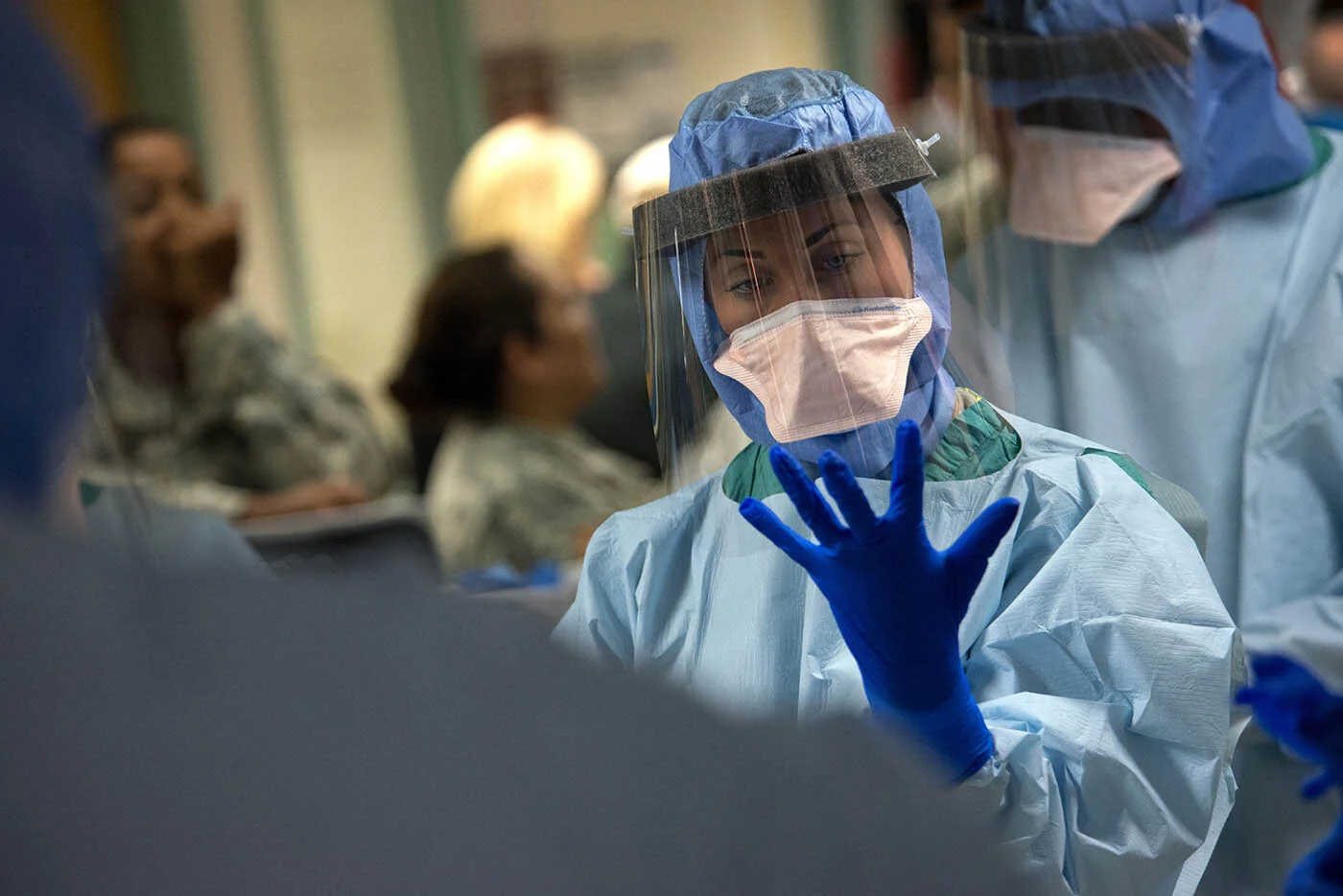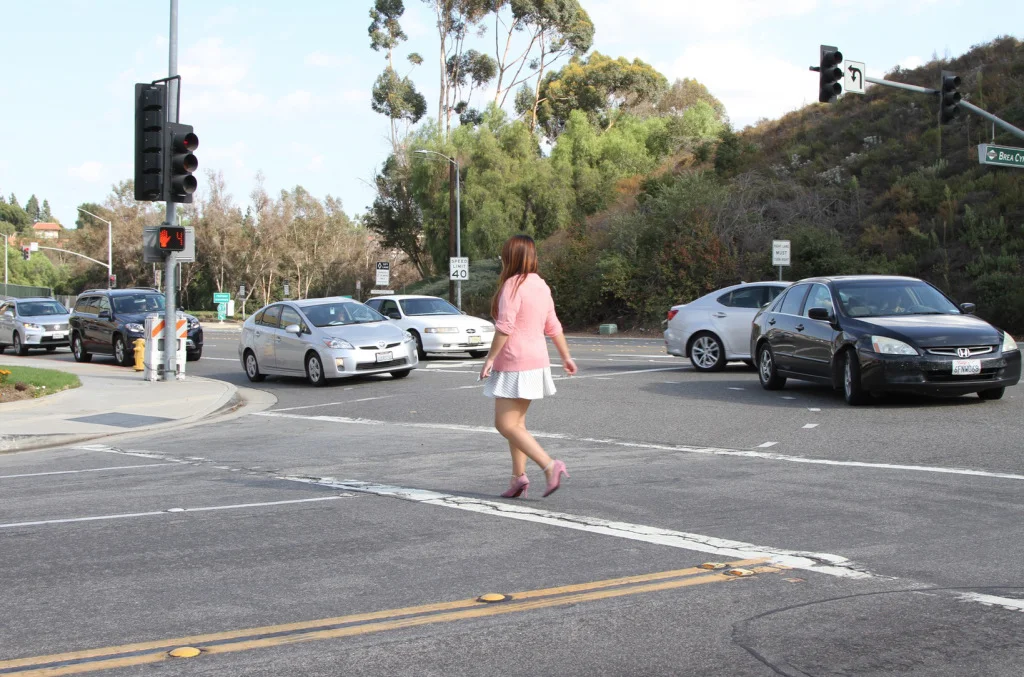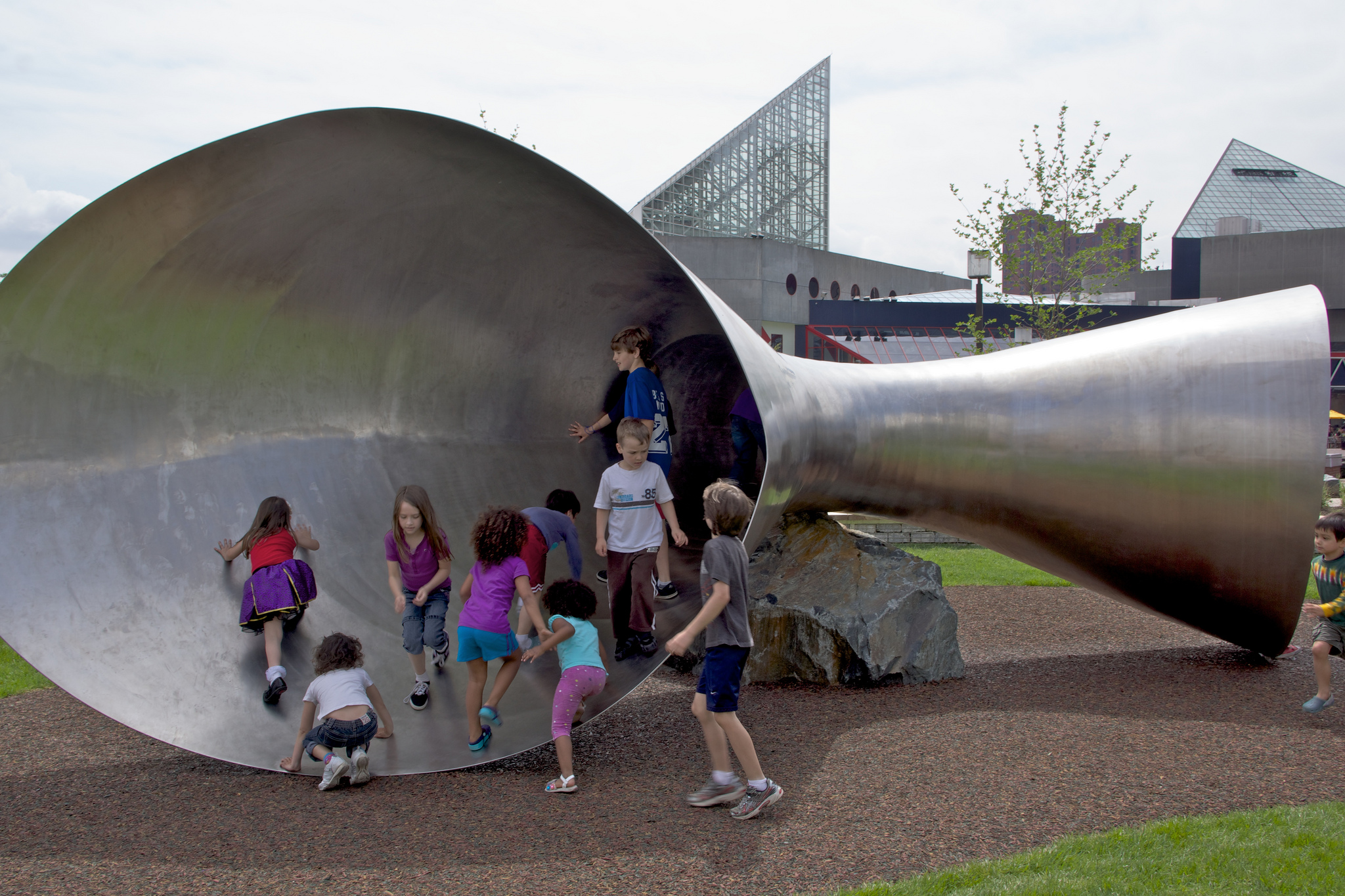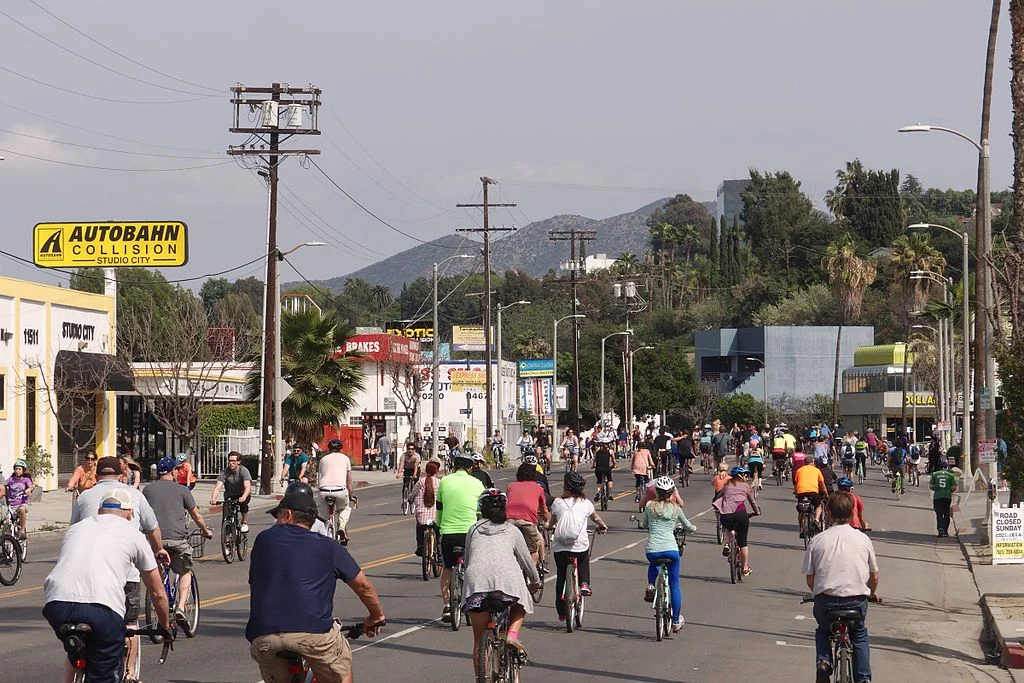The lesson of coronavirus is not that it’s bad to have strong human connections in cities. The lesson is that we need to be able to shut them down quickly when we need to.
Read MorePerhaps unknowingly, you now serve an essential role in your community’s “care map.”
Read MoreThe world’s cities have played host to a lot of human misery over the ages. But they’re also a vehicle for the very best that humanity is capable of. That isn’t going to change.
Read MoreThe more efficient we make our systems, the more fragile they become. To make our cities stable and prosperous, our development pattern needs to become less efficient.
Read MoreIt’s not clear where this transition is taking us, but you don’t have to look far to see ordinary people doing extraordinary things.
Read MoreThere is no better way to discredit a campaign to reduce auto fatalities than to compare the risk of death by auto crash to the risk of death by viral pandemic.
Read MoreDan Burden has been called the “Johnny Appleseed of pedestrian and bike design.” You asked one of the world’s foremost experts on planning for healthy, active communities your questions in our latest Ask Strong Towns—and now we’re sharing the video.
Read MoreThe poorest neighborhoods also tend to be the warmest. That’s according to a fascinating study of the 97 largest American cities. Here’s why extreme heat is more likely to affect the poor and what communities can start to do about it.
Read MoreOur special celebrity guest for the September edition of our "Ask Strong Towns webcast is Dan Burden, Director of Innovation and Inspiration at Blue Zones and one of Planetizen’s 100 Most Influential Urbanists.
Read MoreThis Canadian city is set to get a new, $2 billion, state-of-the-art hospital. All well and good except for one thing: why do they want to build it in a rural area on the far outskirts of town?
Read MoreWhen we take the steps that make our communities more financially resilient, we often make them healthier too. Just ask Dan Burden of Blue Zones: an organization that works with cities and towns across the country to help people lead healthier lives.
Read MoreThe story of Jayme Closs should give us cause to hug our children a little tighter, but then to love them enough to send them out boldly into the world.
Read MoreStrong Towns principles aren’t just good for your community’s bottom line. They’re good for its health and well-being too. Here’s a one-stop guide to some of our best content explaining why.
Read MoreOur transportation system has solely focused on automobile traffic flow as its metric of success. For the sake of our economic and physical health, that needs to change.
Read MoreArt that invites interaction and play can help us build more social and active towns.
Read MoreJohn Simmerman is the founder of Active Towns. In this interview, he talks about strategies for creating a culture of activity in towns across America.
Read MoreTo bring together "bike for leisure" and "bike for transportation" people, you need to look beyond cycling itself and find the deeper principle that has people energized in the first place: the radical idea that people should move and associate freely in the streets of any town or city.
Read MoreKeith Laughlin, president of Rails to Trails, talks about how his organization is creatively improving bikeability in towns across the country.
Read MoreThere’s a new kid on the transportation block.
Read MoreSafe Routes to School is a very popular federal program designed to make is easier for students to walk and bike to school. What if we instead chose to build Schools on Safe Routes?
Read More



















